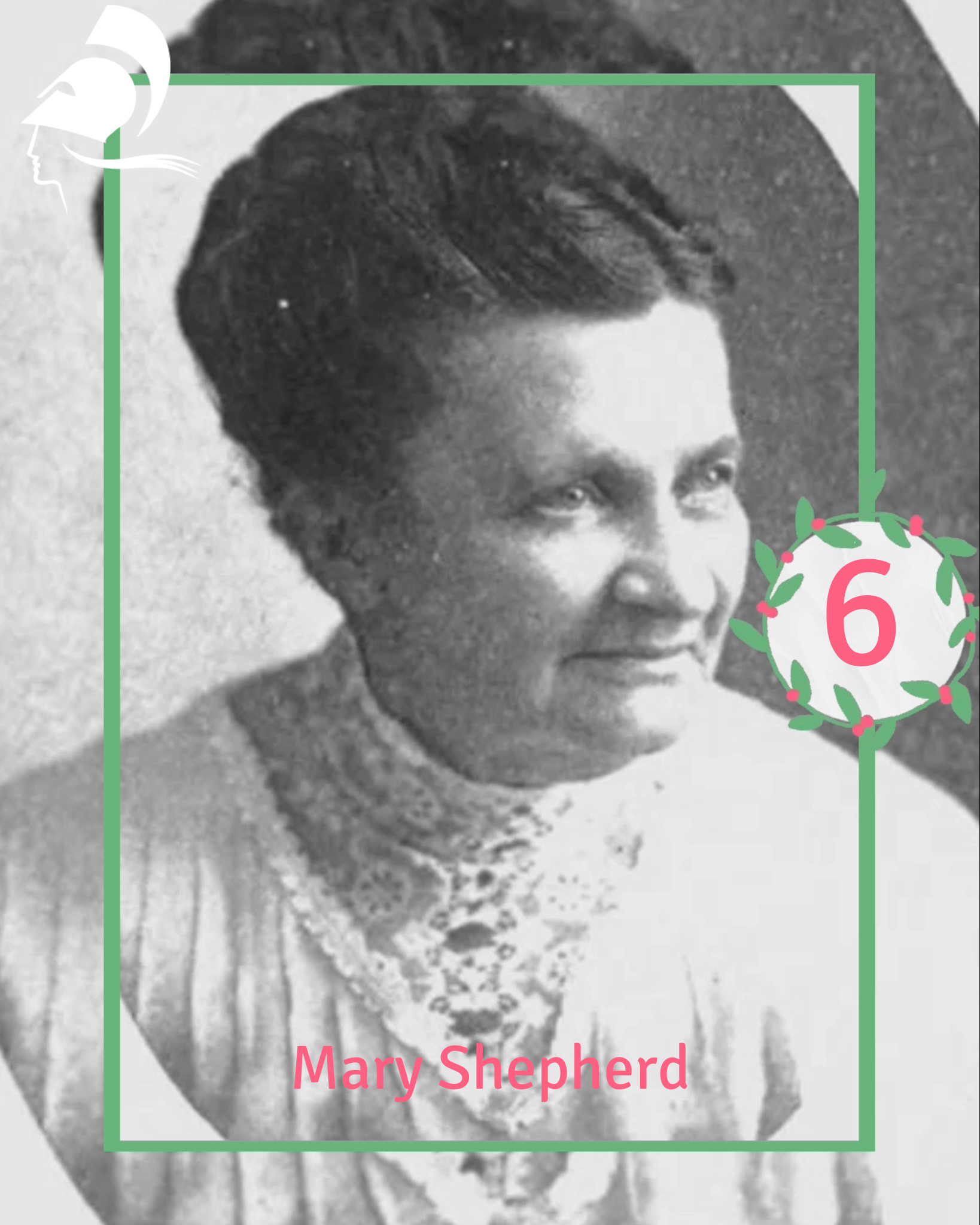 What reason do we have to believe in our continued existence? According to an empiricist like David Hume, it is the regular experience of “continuing to exist” which lets us justifiably believe that we will wake up tomorrow when we go to sleep tonight. For Mary Shepherd, this is insufficient. She argues that continued existence is based on actual capacities which we experience and know to have, namely the idea of a general capacity for sensations, of a capacity to sustain life, and our idea of memory to form ideas. Our reasoning about these capacities allows us to causally infer, not just empirically observe, the grounds for the belief in our continued existence.
What reason do we have to believe in our continued existence? According to an empiricist like David Hume, it is the regular experience of “continuing to exist” which lets us justifiably believe that we will wake up tomorrow when we go to sleep tonight. For Mary Shepherd, this is insufficient. She argues that continued existence is based on actual capacities which we experience and know to have, namely the idea of a general capacity for sensations, of a capacity to sustain life, and our idea of memory to form ideas. Our reasoning about these capacities allows us to causally infer, not just empirically observe, the grounds for the belief in our continued existence.
„Identity, therefore, has nothing to do with sameness of particles, but only has relation to those powers in nature … which are capable of giving birth to that constant effect, the sense of continuous existence; which sense, when analysed, is the union of the ideas of memory, with the impressions of present sense.” (Shepherd 1827, 154)
If you are interested in Shepherd research, find Scholars from our New Voices network.
You may also visit the entry of Mary Shepherd in our Directory of Women Philosophers.
References
Shepherd, Lady Mary (1827). Essays on the perception of an external universe and other subjects connected with the doctrine of causation. London: John Hatchard.
You cannot copy content of this page








